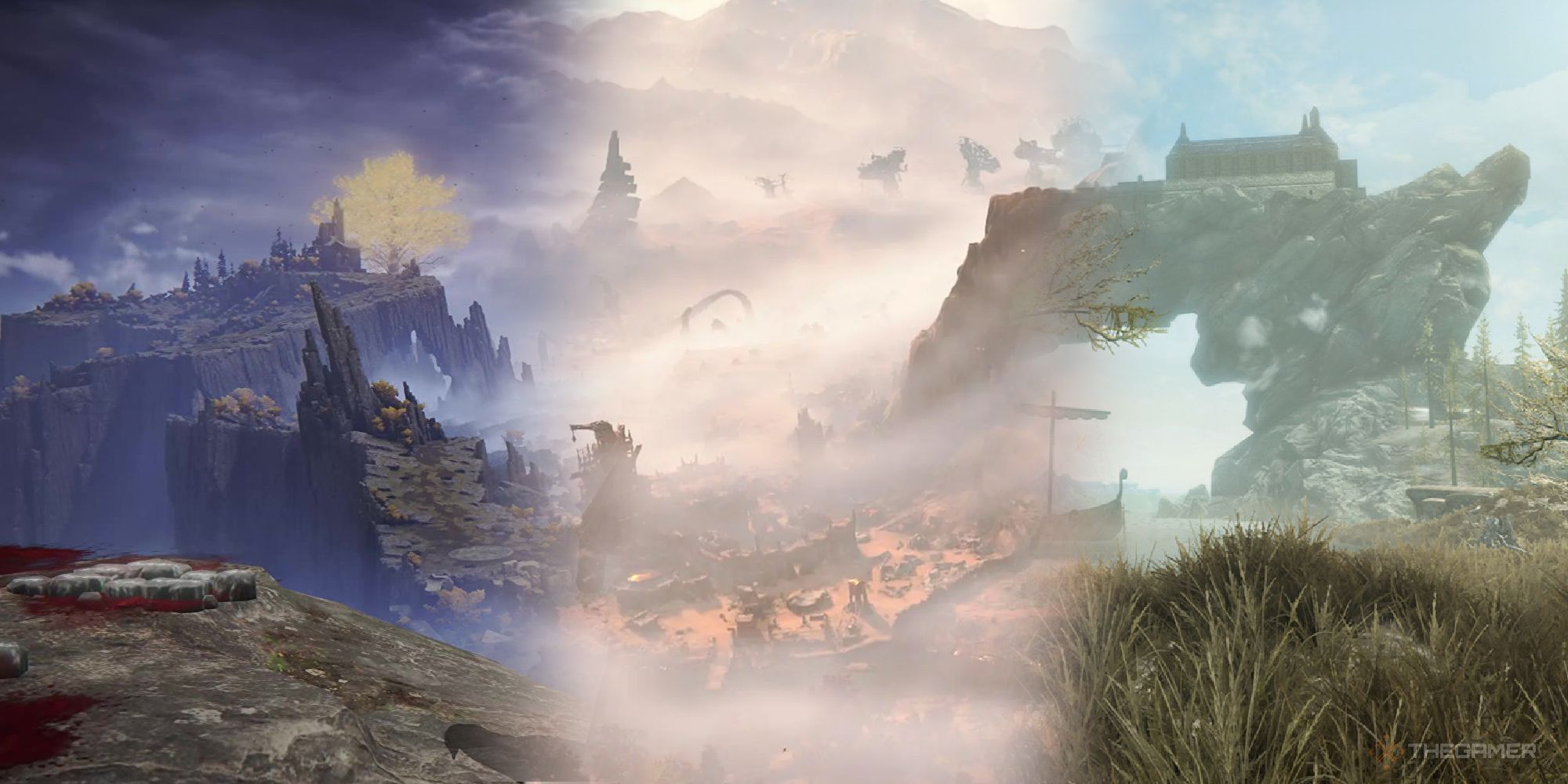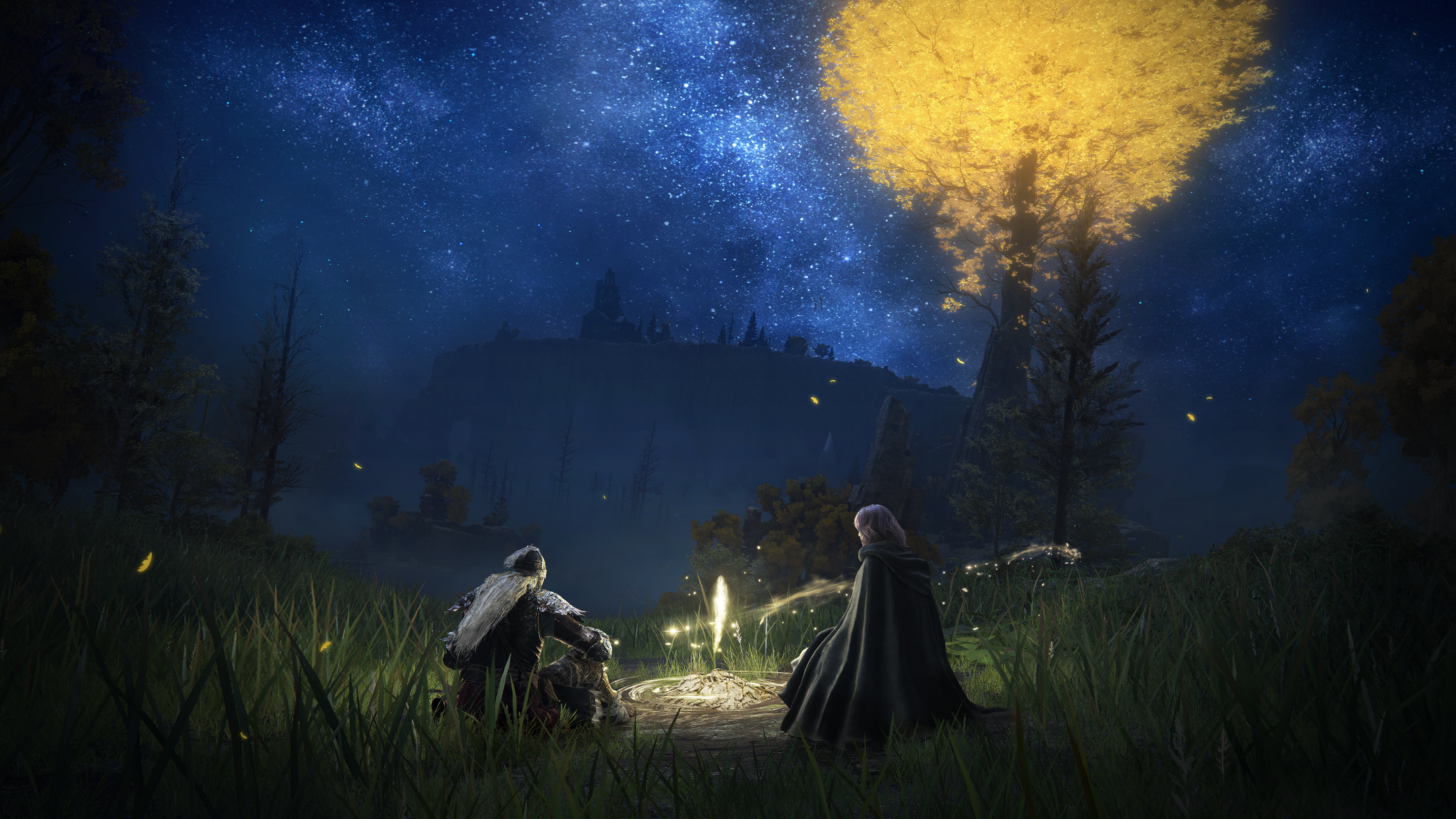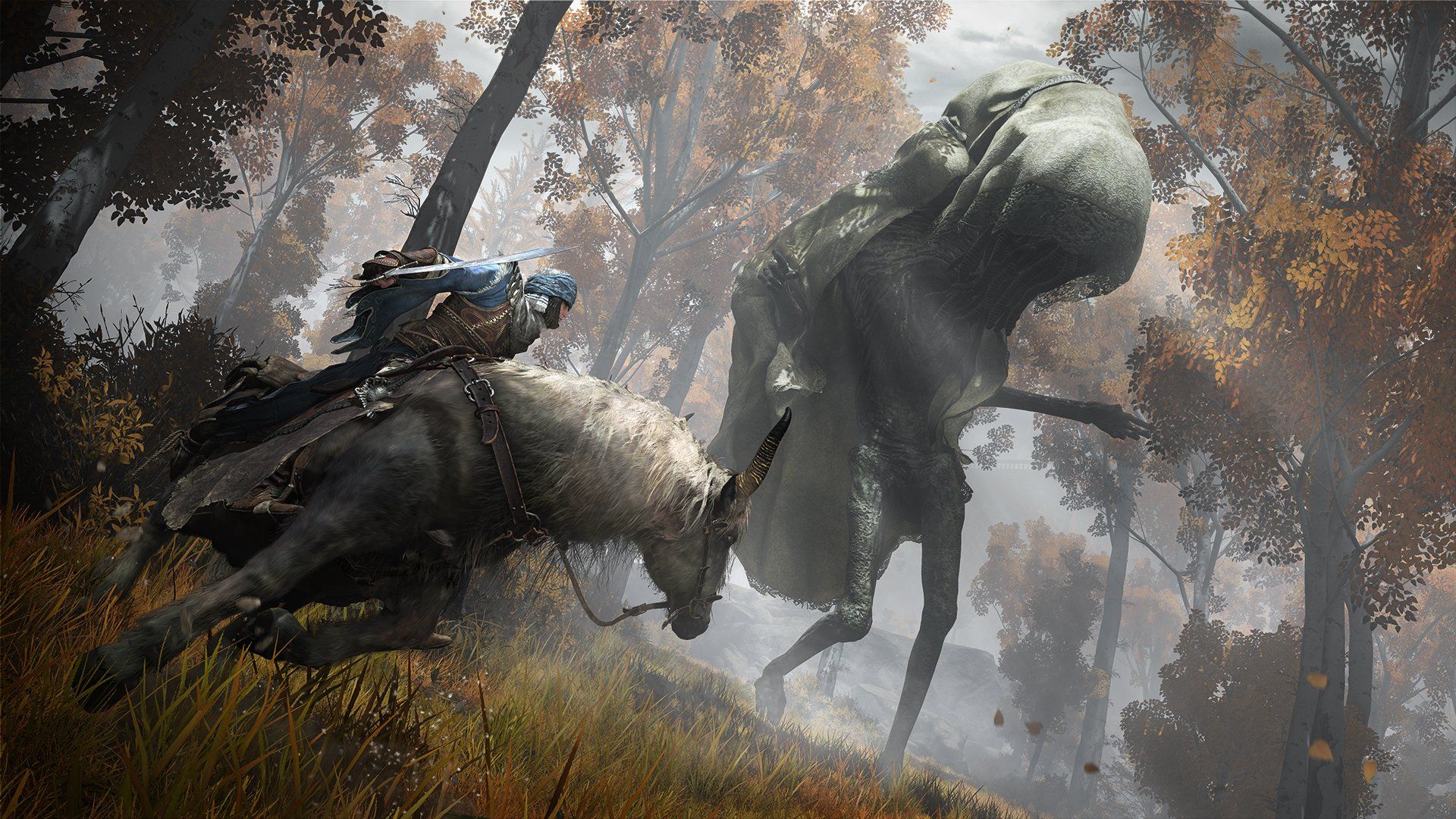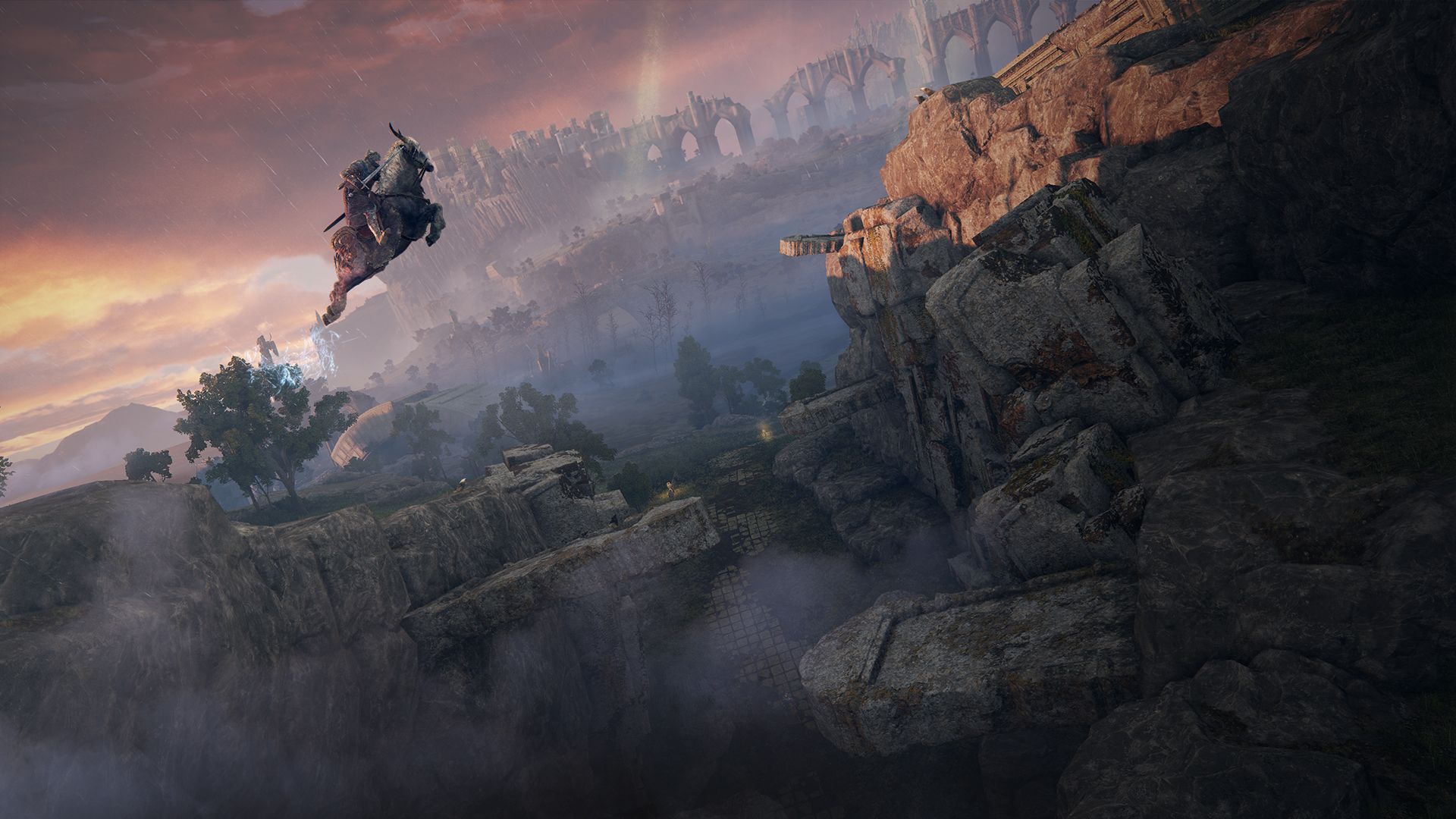Elden Ring feels like a new milestone in open world gaming. It follows in the footsteps of Far Cry 3, Breath of the Wild, and Red Dead Redemption 2 as watermarks in the medium that signify a substantial shift in how we approach it. FromSoftware’s gameplay formula built on layered exploration and challenging combat that first debuted in Demon’s Souls went on to influence a decade of experiences because it was so monumental in its execution.
It showed that games didn’t need to hold your hand anymore as they were becoming increasingly obsessed with quick-time events and scripted sequences that favoured spectacle over subtlety, seldom trusting the player to figure things out for themselves and push forward inspired by little more than their own desire to discover and succeed. While it might sound like needless hyperbole, it really did change everything, unleashing a shockwave of influence whose ripples are still being felt even as Elden Ring rears its head.
Dark Souls, Bloodborne, and Sekiro all build upon FromSoftware’s formula while abiding stringently by its core tenets. I adored all of these games, but if nothing was done to expand upon it, the risk of diminishing returns would inevitably surface. Elden Ring feels like a response to that potential irrelevance, with Hidetaka Miyazaki daring to push this condensed formula into an open world format for the very first time. Somehow, it not only manages to carry over the focused worldbuilding and rewarding progression, it expands upon them with an unparalleled scale that is so obscenely dense that it borders on overwhelming.
Elden Ring clearly draws inspiration from Breath of the Wild, and why wouldn’t it? Nintendo created a masterpiece that usurped open world conventions and dared to take the genre into a new direction, one where generic icons were thrown asunder in favour of player experimentation and an approach to world discovery fueled by an individual sense of adventure. In many ways the game was what you made it, rewarding those who were happy to toy with its systems and use them in unorthodox ways instead of abiding by base mechanics and more predictable ideas.
The Tarnished steps out into Limgrave much like Link sprints towards Hyrule’s sprawling fields, a hesitant spring in their step propelled forth by equal amounts hesitance and excitement. Everything on the horizon is within our grasp, all we need to do is reach out and grab it, taking on whatever terrifying enemies and overwhelming puzzles await. Going back to more conventional open worlds is difficult now, even if I thoroughly enjoyed games like Ghost of Tsushima while Horizon Forbidden West is doing way more for me than its predecessor ever did.
They are designed in a way that feels gamified, like so many of their discoveries are railroaded to provide a feeling of completion when all is said and done. Elden Ring doesn’t care if you miss something, with entire dungeons and boss battles going unnoticed in my first playthrough that would eventually come to soak up hours of my time. Games like this don’t come around often, but when they do, there’s a very good reason why they capture the imaginations of millions with how magical they are. I understand that some will prefer a more guided experience, one that doesn’t ask you to read through menus and learn the succinct machinations of enemies in order to defeat them, but for me there is nothing else like it.
I don’t even thrive on the difficulty. With enough patience almost anyone could conquer Elden Ring, and part of me feels like the masochistic reputation FromSoftware earned after the release of Dark Souls has evolved into something far more nuanced. I play games like this to feel lost, swallowed up by a world that is so immaculately designed that in every conceivable direction awaits ruins to be pilfered or rolling fields to be galloped upon.
Nothing about Elden Ring feels mechanical, The Lands Between is a living, breathing place with a sense of history that is easier to unearth than all that came before it. All the NPCs, named locations, and decrepit architecture you come across have stories to tell, occupying a deliberate place in this world that can’t be picked apart with a cynical eye for the medium’s technical foundations. It’s like Breath of the Wild and RDR2 in this regard, drawing us in so closely because everything is so tangible, like we could reach out and touch the pixels unfolding before us. It’s deserving of all the critical acclaim, and I can’t wait to see how its influence is spread out across the medium as developers look to Miyazaki’s approach to constructing a virtual world and learn all the right lessons from it.
To me, open world games have often been an exercise in exhaustion. Assassin’s Creed, Far Cry, and even some of Sony’s blockbuster efforts have become games that favour quantity over quality, more focused on soaking up our collective time instead of providing an experience we will fondly remember. They all have artistic merits, but pale in comparison to what Elden Ring is able to achieve in a fraction of the time. I don’t think its mere existence will ruin the appeal of other open world games for me, but they certainly leave me wanting, knowing that it will be awhile until something comes along that dares to achieve what FromSoftware has managed in what is easily its finest work yet.




